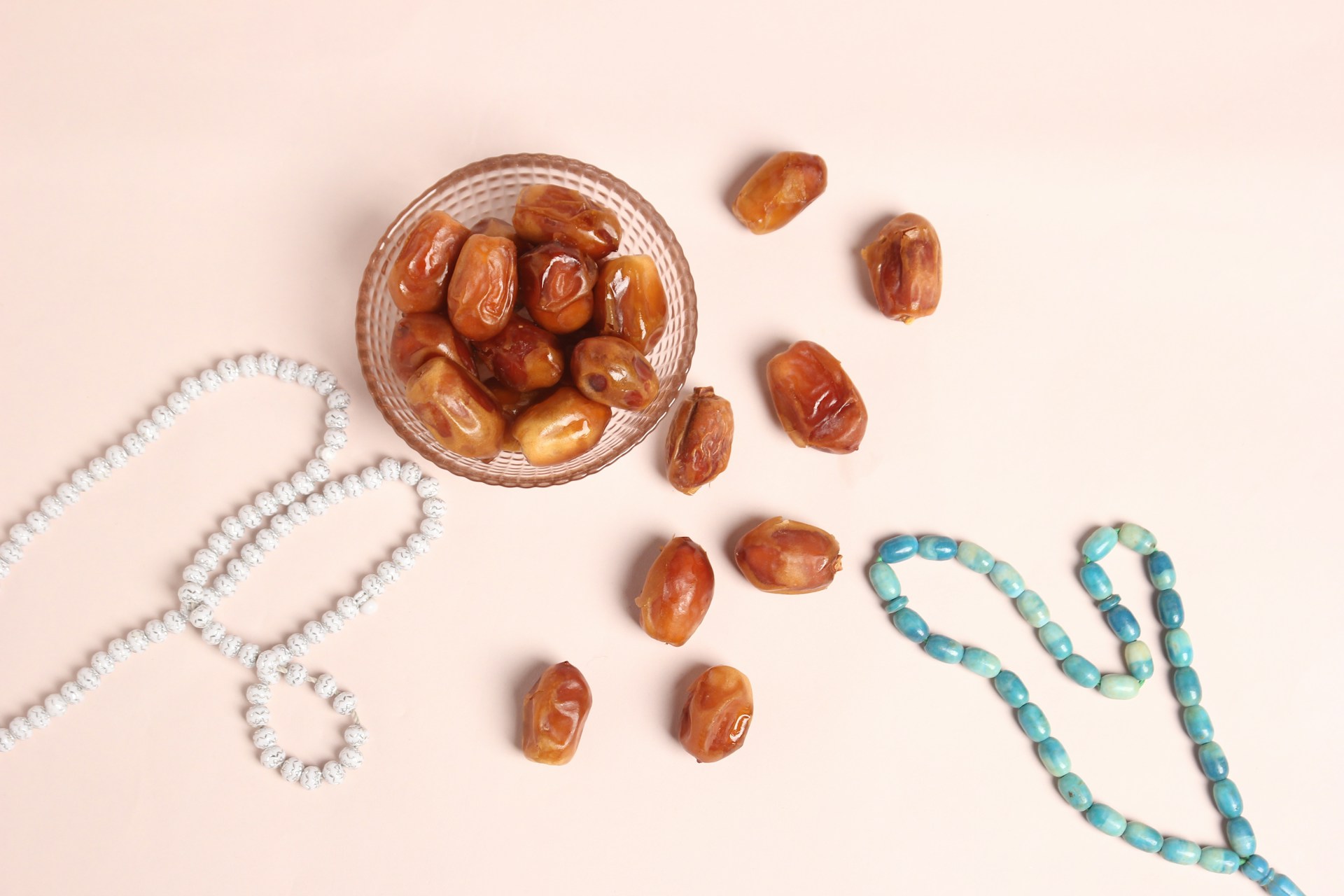I'm taking a short break from writing about personal finance to explore a different type of numbers game.
Calories in Ramadan.
Ramadan is an interesting case study for the mental accounting we do with food. We go without food or water for hours every day. That sounds like a 30-day accelerator for weight loss. But for most of us, it's not.
Why don't we lose weight in Ramadan? And if we do lose a little weight, why do we regain it a few weeks after the month's end?
Food Currency
Calories are to nutrition what dollars are to personal finance.
Calories quantify the energy our bodies expend and the energy we gain from food.
Our body composition and physical activity dictate our daily caloric budget, determining how much we can "spend" on food without gaining weight.

We have less time to eat and drink in Ramadan, and that time restriction can make us feel like we're naturally consuming fewer calories.
But time-restricted eating is not the same as calorie-restricted eating. Outside of the fasting window, it’s easy to consume
- an excess volume of food (ever feel very full at suhoor or iftar?)
- more calorically dense foods (fried food, rich desserts, etc)
We can eat back enough calories at the day's bookends to maintain our weight despite fasting.

Eating back calories after a period of restriction is called compensatory eating. And it can happen weekly too.
On weekdays, we might eat a little more conservatively. But on the weekend, iftar dinner invitations - with spreads of samosas, baklava, biryani, and more - make moderation more difficult.

If we resist the daily and weekly eat backs and lose some weight in Ramadan, we’re likely to regain it back in the weeks that follow.

Ramadan isn’t about food, but…
Ramadan isn’t a time to obsess over weight goals or calorie deficits.
Instead, it’s a month dedicated to deepening our spiritual practices and strengthening our connection with the divine.
But Ramadan is, nevertheless, an opportunity to reset our relationship with food. We can use this month to learn to eat more mindfully, with gratitude and intention and to align our dietary habits with our spiritual goals.
Rather than pursuing a dietary outcome goal this Ramadan (like losing weight), I'm looking to develop a healthier relationship with food by pursuing a few process goals:
My daily process goals include
- 2x Chewing: By consciously chewing my food twice as long as I usually do, I'm aiming to slow down my eating pace. This isn't just about enjoying the flavors more but about giving my body the time to recognize fullness signals, which I often overlook in my usual rush, especially during iftar.
- Prioritize Protein, Veggies, and Water: Focusing on these three essentials is my strategy for balanced nutrition that satisfies without overloading on calories. Protein for satiety, veggies for nutrients and fiber, and water for hydration.
- Stop at "I Can Eat More": The Prophet ﷺ taught us to divide our stomach into thirds: one-third for food, one-third for drink, and one-third for air. That means that, ideally, I should stop eating while I still have room for more.
And weekly, I'm committing to treating weekend iftars the same as weekday ones. The goal is to maintain consistency in my eating habits, resisting the temptation to see weekends as a free pass to overeat.
Ramadan may not be a month to lose weight but it can be a month to rework our relationship with food.
Related Articles
Written by Farooq Maseehuddin

Farooq Maseehuddin is the founder of MuslimMoney.co, a Canadian platform dedicated to helping Muslims take control of their personal finances.
He teaches across a range of topics including budgeting, investing, financial planning, Islamic inheritance, money conversations in families, and how to teach kids about money—all through both practical tools and traditional Islamic guidance.
Farooq holds a B.Ed. and M.Ed. from the University of Alberta and has spent nearly two decades as a high school teacher and Muslim community organizer.

